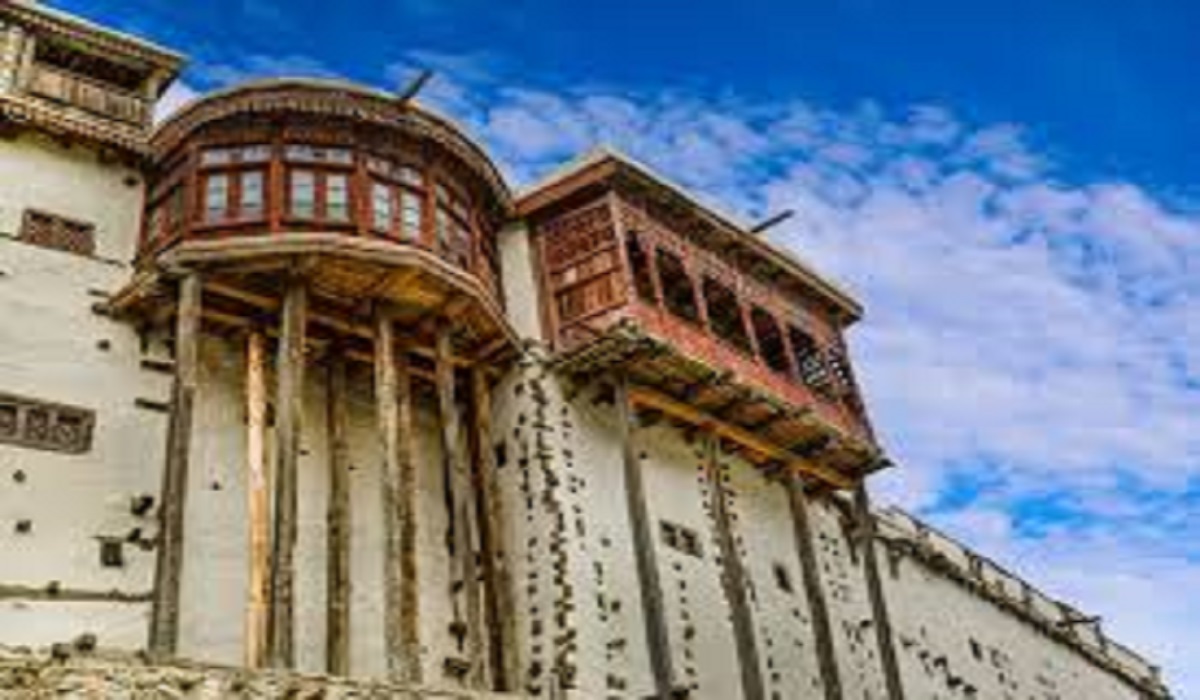Data-Driven Governance in Pakistan and Gilgit-Baltistan
Data-Driven Governance in Pakistan and Gilgit-Baltistan: As the Gilgit-Baltistan Assembly’s term nears its end in November 2025, the region is at a pivotal moment. This coming transition makes a conversation about data not just interesting, but urgent. We often hear we live in an “age of data,” but what does that truly mean for our daily lives and our democracy?
Think of data not as a complex tech term, but as the soil in which our society grows. When this soil is rich and well-tended, democracy flourishes, governments serve effectively, and public trust grows strong. When it’s neglected, the results are poor for everyone.
With crucial elections on the horizon, understanding and improving our “information soil” is the key to a healthy democratic future.
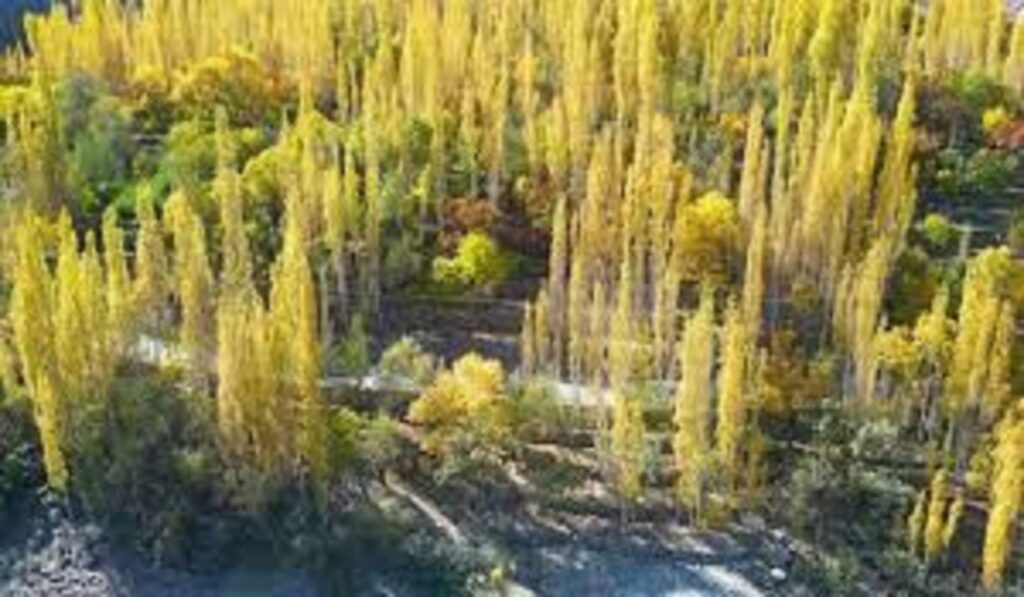
From Raw Numbers to Real Wisdom: The Information Lifecycle
Raw data—like voter lists, school records, and project budgets—is like an uncultivated field. It’s full of potential, but it needs to be processed to become useful. This journey from numbers to wisdom follows a clear, natural path:
- What? (The Facts): First, we collect the basic facts. How many students are in a school? How many people are registered to vote?
- Why? (The Patterns): Next, we look for patterns. Why are vaccination rates lower in certain areas?
- What if? (The Forecast): Then, we use past data to predict future trends. What will the population of this city be in 10 years?
- What now? (The Action): Finally, we turn these insights into action, guiding better policies and decisions.
This simple cycle is how we transform raw information into the fuel for smarter governance.

Spotlight on Success and Struggle: Data in Action
We can see this lifecycle playing out in real-world programs across Pakistan.
1. A Success Story: The Benazir Income Support Programme (BISP)
BISP uses strong data verification systems to identify the families who need support most accurately. This ensures that help reaches the truly vulnerable, showing how good data management directly improves lives.
2. Where We Can Improve: The Ten Billion Tree Tsunami
Reports have shown that a lack of clear, public data—like precise locations of planted trees and detailed spending—has made it difficult for citizens to track the project’s true progress and impact. This highlights a common challenge: the solutions exist, but they need to be applied consistently.
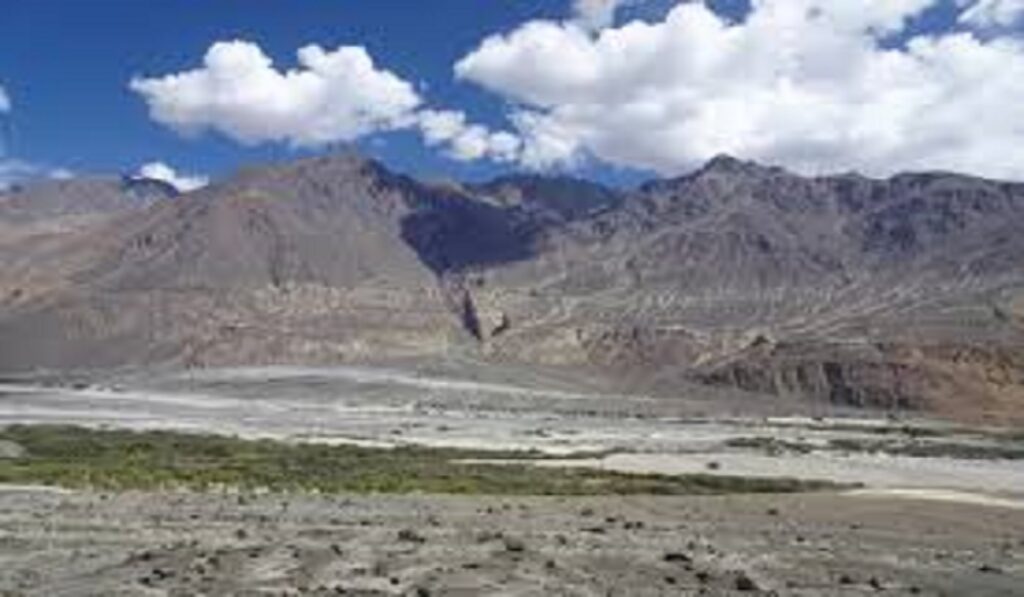
The 2025 Test: Data and Democratic Trust
The biggest test for our “information soil” is the health of our democracy. The integrity of elections, especially the sensitive ones coming in Gilgit-Baltistan, depends entirely on credible data.
While the Election Commission of Pakistan uses advanced systems, there’s always room to build more public trust. Simple, practical steps can make a huge difference:
- Letting the public easily verify voter lists.
- Using secure digital tracking for election results.
When citizens and watchdogs can access and check electoral data, it strengthens our democracy from the ground up. For the 2025 polls, this transparency isn’t a luxury—it’s essential for a result everyone can believe in.

Beyond Politics: Data for Health and Environment
The impact of data gaps goes far beyond elections, affecting our most critical areas.
- The Fight Against Polio: In many remote areas, this is fundamentally a data crisis. Inaccurate community lists and vaccination records mean health workers are fighting a dangerous virus without a reliable map, leaving some children unprotected.
- Protecting Our Environment: Projects like GLOF-2, designed to protect communities from climate-induced floods, have faced questions about financial transparency. When project data isn’t clear, it doesn’t just risk money—it risks lives and our natural heritage.
A simple solution? Mandatory public dashboards for major projects, showing citizens exactly what’s being done, where, and for how much.

A Path Forward: How We Can Cultivate Better Data?
Improving our information ecosystem requires a clear, actionable plan. Here are five key steps:
- Set Uniform Standards: Create consistent transparency rules for all government projects and regions.
- Build Local Hubs: Establish information centers in Gilgit-Baltistan to tackle local challenges with local data.
- Empower Citizens: Make the Right to Information laws easier for everyone to use.
- Launch Public Dashboards: Provide real-time, easy-to-understand updates on all major initiatives.
- Promote Digital Literacy: Teach communities the skills to find and use online government information.
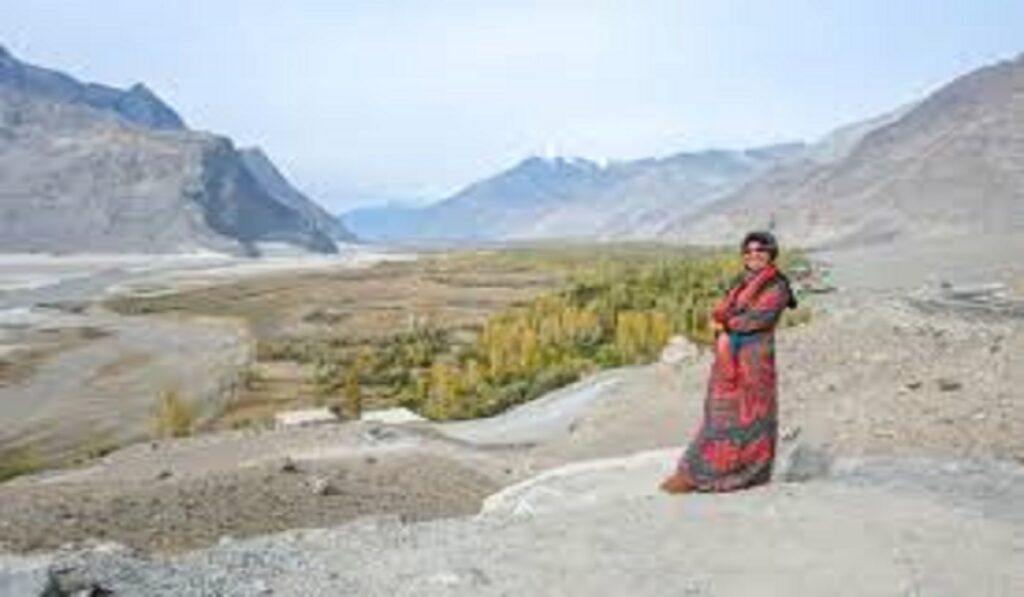
Our Shared Role: Becoming Stewards of Information
Building a better information system isn’t just the government’s job—it’s a shared responsibility. You don’t need to be a tech expert to make a difference.
You can be an information steward by:
- Asking Questions: Use transparency laws to request public information.
- Supporting Fact-Based Journalism: Share and trust news that relies on verifiable data.
- Advocating for Balance: Support laws that protect both your privacy and the public’s right to know.
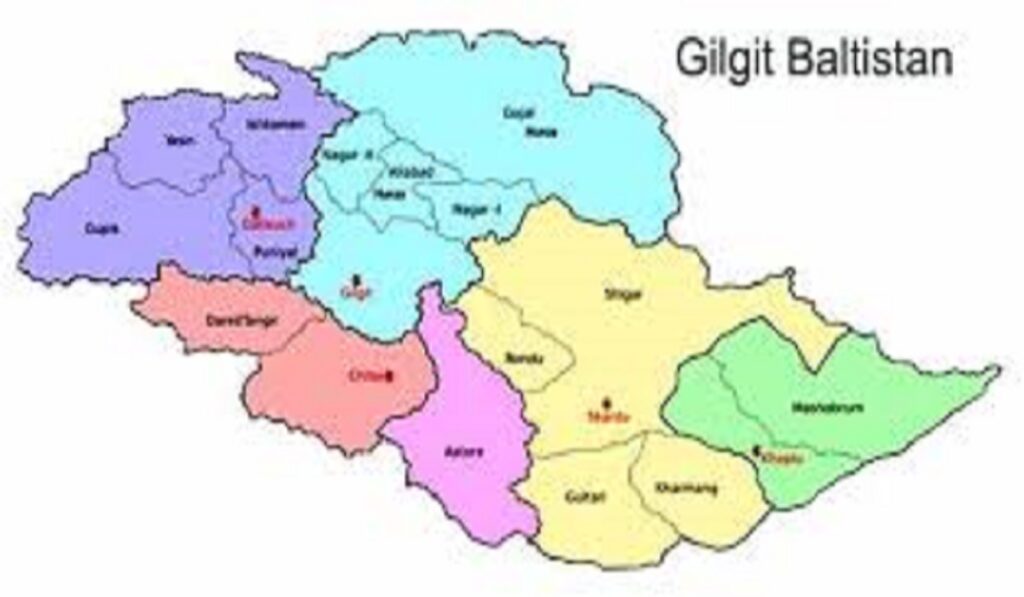
Conclusion: The Time to Act is Now
As Gilgit-Baltistan approaches its crucial democratic moment in 2025, the future will be shaped not just by the data we have, but by what we do with it. The seeds for a more equitable, efficient, and trustworthy society have been sown. The tools to nurture them are within our reach.
Now, we must mobilize our collective will to tend to our “information soil,” ensuring it becomes fertile ground for the democracy and development our communities deserve.
